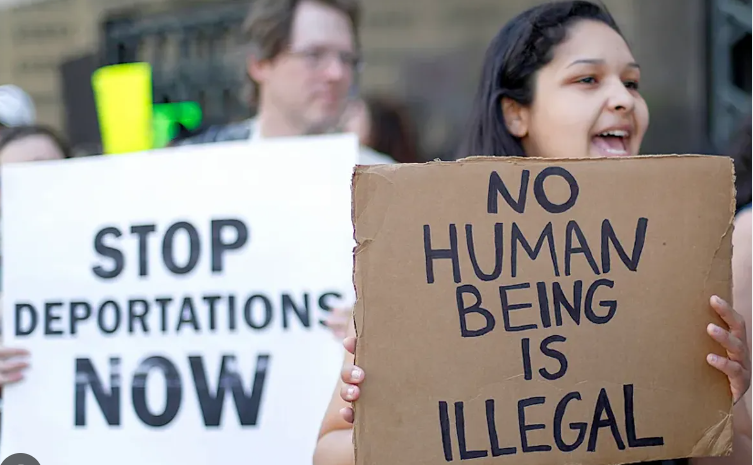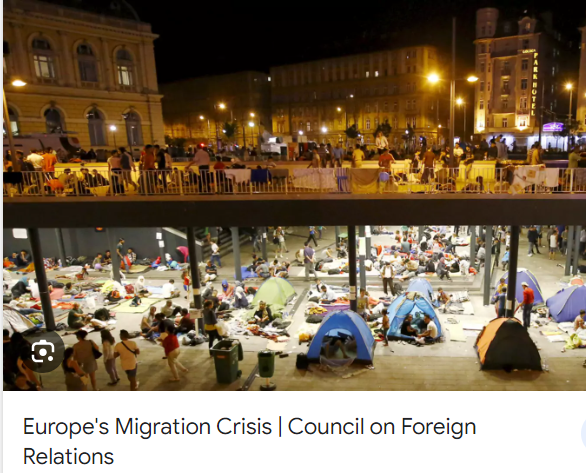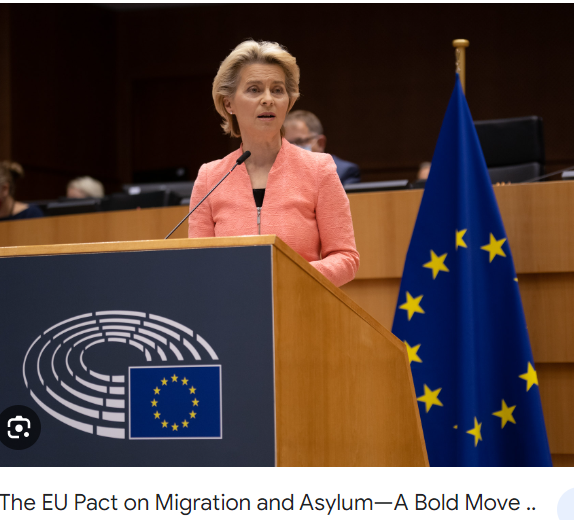On the last Friday of November, the Discussion Group had its last meeting of the 2023 year. The topic is hot and relevant and our meeting was well attended.
We talked about what is protectionism and how it works. A short definition – protectionism is a term used to describe the set of policies restricting or controlling the movement of people, goods, or services across national borders. Contemporary examples of protectionism are the current policies of the UK (which wants to send illegal immigrants to Rwanda), the USA, Japan, and others.

Whilst it may seem like a solution to address migration-related challenges, protectionism is not typically considered an effective long-term approach. We discussed what alternative strategies could be more beneficial in managing migration.
We discussed foreign aid to poorer countries to develop their economies and create better life conditions for people to reduce immigration. One of the ideas outlined was how beneficial it would be to help such countries create their own effective natural (e.g.solar) energy systems or even find ways to supply a deficit of energy for them. Those countries could use the energy to develop their farming, industry and other sectors of the economy. But it was pointed out that because of high corruption in such countries people in power are getting richer and the real effect of foreign aid is questionable.

From a human rights and moral grounds perspective, it looks obvious that strengthening cooperation between countries, implementing fair immigration such as skills-based or family reunification programs, and streamlining application processes or embracing diversity and integration in receiving countries is the right way to reduce irregular migration.

But the real situation is very different. All the systems, programs, training and subsidies for immigrants have to be planned and fully implemented to be efficient, it requires considerable resources and compared with the increasing flow of immigrants such resources are scarce. With the ongoing climate change issues it is expected that the flow of people from areas and countries where conditions are becoming harsher and harsher to live will naturally increase.

It was interesting that Michael Barnier who is famous and respected in the EU for his handling of tough Brexit negotiations and defending EU institutions and laws recently called for a discussion about migration “at the European level”. He is against the ECHR (European Convention on Human Rights) and claims that the European Courts of Justice (ECJ) and European Court of Human Rights were responsible for policies that reduce states’ freedom to act in the name of national security and expand migrants’ rights to bring family members to the country where they have settled.
Probably as a reflection of the rapidly changing situation the EU in the summer of 2023 agreed on radical reforms to migration and asylum laws. After years of infighting, the 27-state bloc sets out new policies including a charge of €20,000 a head for member states that refuse to take refugees

In general EU Council agreement covers the main border procedures, requirements for the states to establish the adequate capacity to examine applications and enforce return decisions at any given moment, the new rules combining mandatory solidarity with the flexibility to pay for refusing to host refugees, a requirement for asylum seekers to apply in the country they entered first with no permission to go to another EU country and others.
While it is clear that migration is a complex and multifaceted issue and there is no one-size-fits-all solution, it looks like at present protectionism is on most rich Western countries’ agendas.
